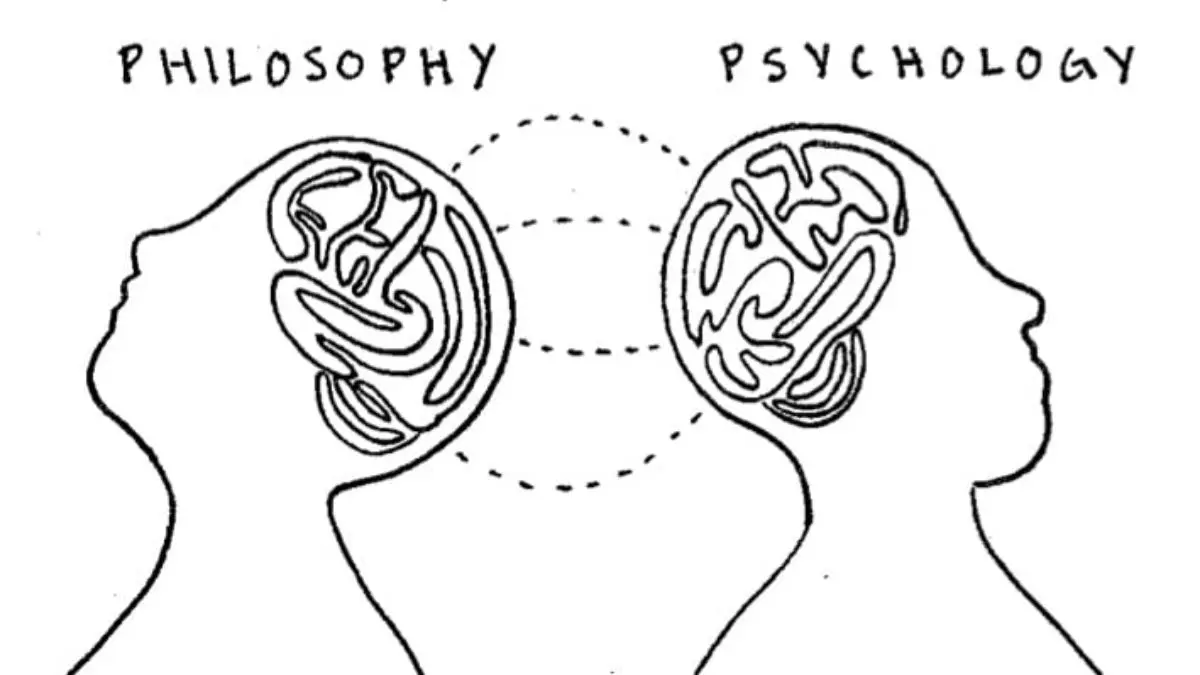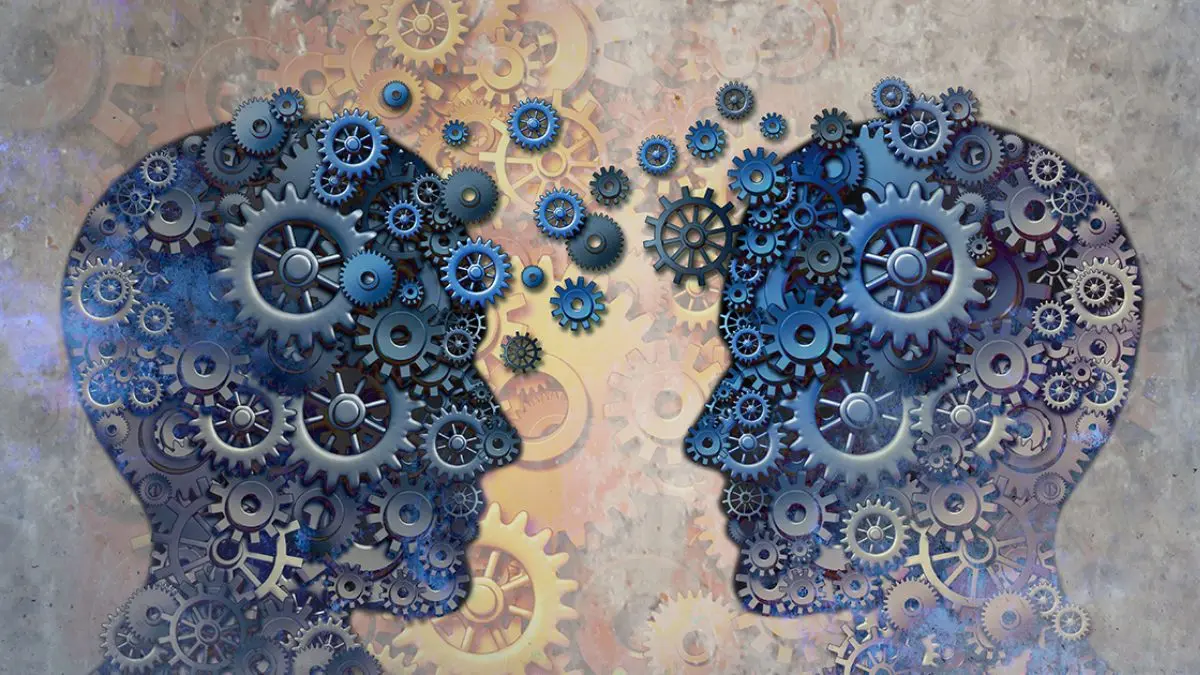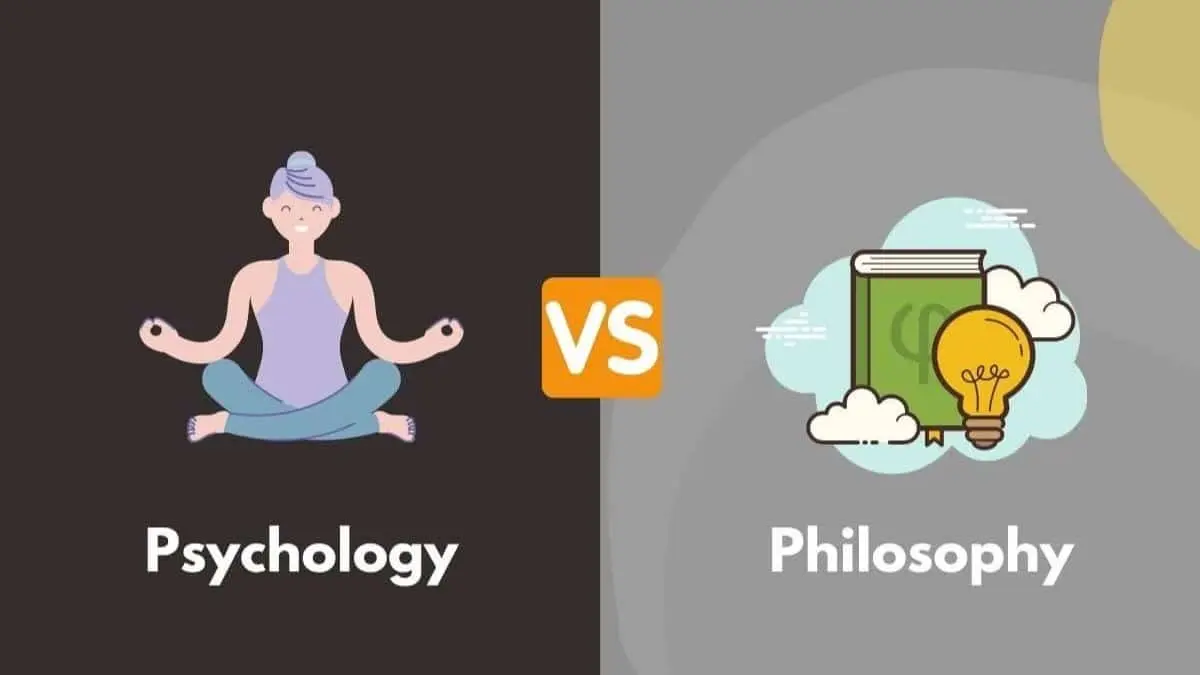- Psychology: On the other hand, psychology is more like a detective, using scientific methods to study the human mind and…
- Psychology: Utilizes empirical research methods, including experiments, observations, and case studies.
- Philosophers ask questions like “What is justice?” or “What is the nature of consciousness?” The…
- Psychology: Focuses on specific aspects of human behavior and mental processes.
- Psychology: Has direct applications in various fields, including mental health (clinical psychology), education (educati…
- Despite their differences, philosophy and psychology do intersect in several areas.
When discussing the differences between philosophy and psychology, it’s essential to understand that while both fields delve into the nature of human existence and behavior, they do so from distinct perspectives and methodologies. Imagine you’re at a café with a friend, and they ask you about these two fascinating subjects. Here’s how you might explain it:
Difference between Philosophy and Psychology
Defining Philosophy and Psychology
Philosophy: Think of philosophy as the grandmother of all sciences. It’s a broad discipline that seeks to answer fundamental questions about existence, knowledge, values, reason, mind, and language. Philosophers ponder abstract questions like “What is the nature of reality?” and “What does it mean to live a good life?” They use logical reasoning and critical thinking to explore these concepts.
Psychology: On the other hand, psychology is more like a detective, using scientific methods to study the human mind and behavior. Psychologists conduct experiments, analyze data, and develop theories based on empirical evidence. They aim to understand how people think, feel, and behave, often with a focus on improving mental health and well-being.
Historical Background
Philosophy: Philosophy has ancient roots, stretching back to the works of Plato and Aristotle in Ancient Greece. These early philosophers laid the groundwork for various branches of philosophy, including metaphysics (the study of reality), epistemology (the study of knowledge), ethics (the study of morality), and logic (the study of reasoning).
Psychology: While psychology also has ancient origins in philosophical thought, it emerged as a distinct scientific discipline in the 19th century. Wilhelm Wundt, often considered the father of modern psychology, established the first psychology lab in 1879. This marked the transition from philosophical speculation about the mind to systematic scientific investigation.

Key Differences
1. Methodology:
- Philosophy: Relies on logical argumentation and conceptual analysis. Philosophers often use thought experiments and dialectical reasoning to explore ideas. For example, René Descartes’ famous declaration “I think, therefore I am” is a philosophical assertion based on introspection and deductive reasoning.
- Psychology: Utilizes empirical research methods, including experiments, observations, and case studies. Psychologists gather data to test hypotheses and build theories. For instance, B.F. Skinner’s experiments on operant conditioning involved observing and measuring behaviors in controlled settings.
2. Focus and Scope:
- Philosophy: Encompasses a wide range of topics, from the nature of being (ontology) to the principles of morality (ethics). Philosophers ask questions like “What is justice?” or “What is the nature of consciousness?” These questions are often broad and abstract.
- Psychology: Focuses on specific aspects of human behavior and mental processes. Psychologists might investigate how memory works, why people develop phobias, or how social interactions influence behavior. Their questions are typically more concrete and focused on understanding observable phenomena.
3. Practical Applications:
- Philosophy: While it provides a foundation for critical thinking and ethical reasoning, its practical applications are often indirect. Philosophical insights can influence other fields, like law, politics, and education. For example, John Rawls’ theories on justice have significantly impacted political theory and public policy.
- Psychology: Has direct applications in various fields, including mental health (clinical psychology), education (educational psychology), and business (industrial-organizational psychology). Techniques developed by psychologists, such as cognitive-behavioral therapy (CBT), are used to treat mental health disorders effectively.
Overlapping Areas
Despite their differences, philosophy and psychology do intersect in several areas. One notable example is the field of philosophy of mind, where philosophers and psychologists collaborate to understand the nature of consciousness and mental states. Issues like free will, personal identity, and the mind-body problem are explored from both philosophical and psychological perspectives.
Another example is ethical psychology, where psychologists study moral development and behavior, drawing on philosophical theories of ethics to understand how people make moral decisions.

Examples to Illustrate the Differences
Example 1: The Concept of Free Will
- Philosopher’s Approach: A philosopher might explore the concept of free will by engaging in a debate about determinism versus libertarianism, considering whether our actions are pre-determined by prior events or if we truly have the freedom to choose.
- Psychologist’s Approach: A psychologist might conduct experiments to see how beliefs about free will affect behavior, such as whether people who believe in free will are more likely to take responsibility for their actions.
Example 2: Understanding Happiness
- Philosopher’s Approach: A philosopher might ask, “What is happiness?” and explore various theories, such as hedonism (happiness as pleasure) or eudaimonia (happiness as living a virtuous life).
- Psychologist’s Approach: A psychologist might study what factors contribute to happiness by conducting surveys and experiments, looking at the effects of social relationships, work satisfaction, and physical health on overall well-being.
Conclusion
In essence, philosophy and psychology are like two sides of the same coin, both seeking to understand human nature but using different tools and approaches. Philosophy provides the big-picture questions and frameworks, while psychology offers the scientific methods and empirical data to explore those questions in depth. Together, they enrich our understanding of what it means to be human.
Also Read: What’s the Difference Between Trust and Entrust



